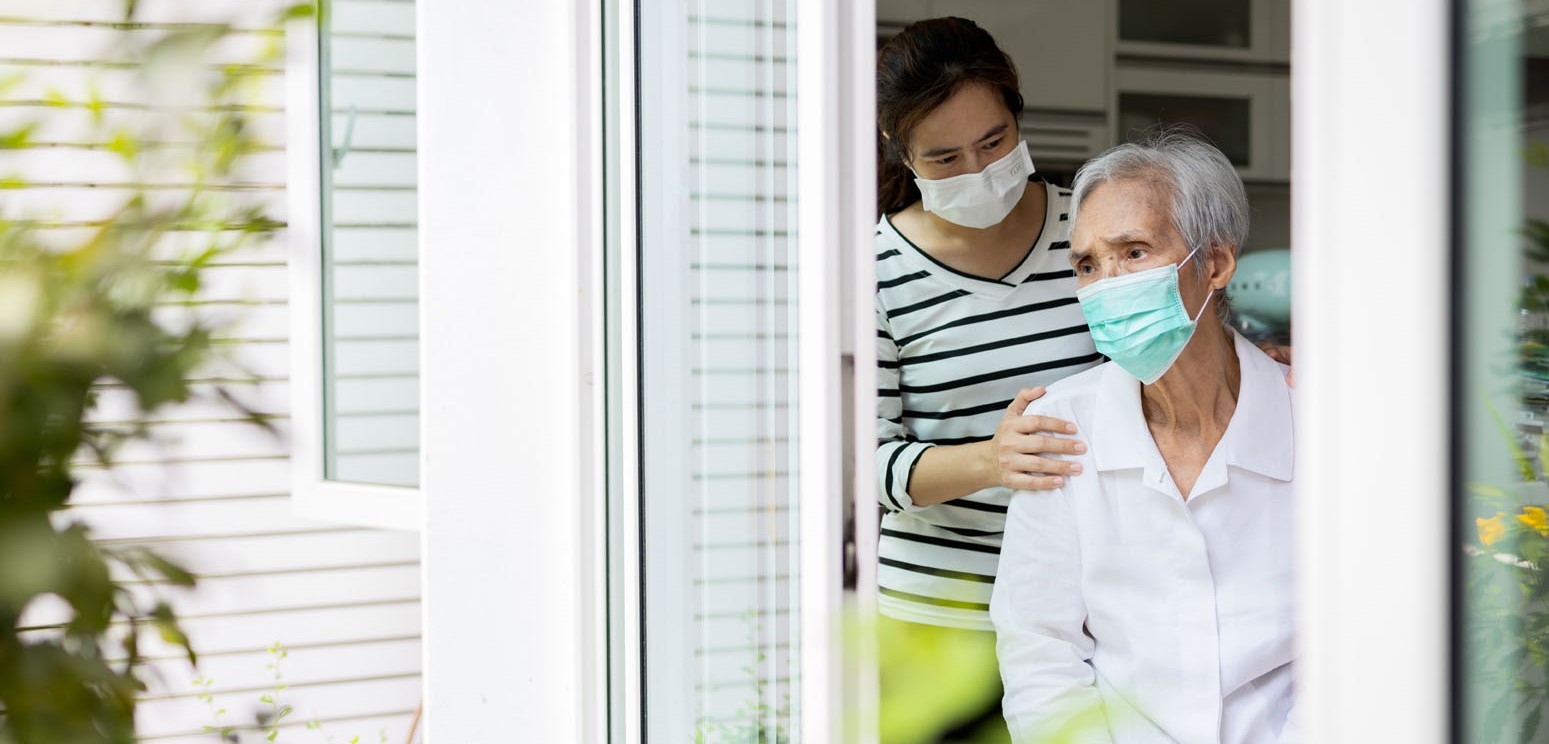As the short- and long-term effects of COVID-19 impact everyday life, marketers—especially those engaged in the well-being of populations—are forced to question their roles in this situation now and in the foreseeable future. How do we reconcile consumers’ health needs today with a pandemic-focused healthcare system? How are changing circumstances, such as uninsured and unemployment rates, impacting health-seeking behaviors? And how are patients navigating care with new challenges surrounding it?
With Dr. Sandro Galea, dean of the Boston University School of Public Health, and Publicis Health Media, Sharecare studied the impact of the pandemic on consumer attitudes and behaviors during this time, and the trends reinforce a timely need for healthcare companies to promote and protect consumer health from multiple angles.
Amid this public health crisis, people with chronic conditions are among the most vulnerable to not only COVID-19 itself, but also its secondary effects. Among nearly 64,000 survey respondents who said they had a chronic condition, 29% said they postponed routine appointments during COVID-19, 12% couldn’t keep medical appointments due to closures, and another 6% canceled planned surgeries or procedures. As access to care becomes increasingly complicated, healthy lifestyle behaviors and self-care become even more important to managing chronic conditions; yet, our study shows the pandemic had negative effects on these behaviors for this patient population.
Impact on Patients with Chronic Conditions
One in four respondents with chronic conditions said they are eating less healthy, and nearly one in five are exercising less during COVID-19. Of those who said they have a chronic condition and smoke, 27% reported smoking more during this time.
More than half (54%) of respondents with chronic conditions did not adhere to one of the CDC’s earliest COVID-19 guidelines of stockpiling a 90-day supply of prescription medications; 6% cited cost as the reason. As economic conditions continue to evolve, affordability challenges impact even more populations.
One in four (27%) respondents expressed some likelihood they would have difficulty paying bills. Nearly half (46%) said they had private employer-sponsored insurance, yet 16% either lost their jobs due to COVID-19 or reported a likelihood that they would in the future—leaving them vulnerable to losing coverage and facing exponentially high costs of care.
Increases in financial stressors and poor lifestyle habits, combined with healthcare access challenges, create an inflection point for intervention. Beyond product sales, consumers need healthcare brands to provide support where pandemic-driven vulnerabilities are strongest. Messages and interventions to reinforce healthy behaviors are needed to prevent both the onset and exacerbation of chronic conditions.
As more patients face unemployment and financial challenges, support programs such as Prescription Assistance Plans and savings cards can provide valuable short-term solutions that can mitigate lapses in care and coverage. And by exploring other ways to meet their needs—whether by working with advocacy groups to ensure timely access and continuity of care, or simply bringing them the right information at the right time—healthcare organizations can gain trust and top-of-mind relevance during a time when both brands and consumers need it most.









